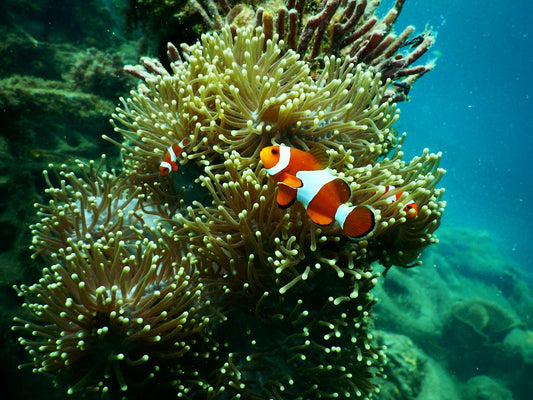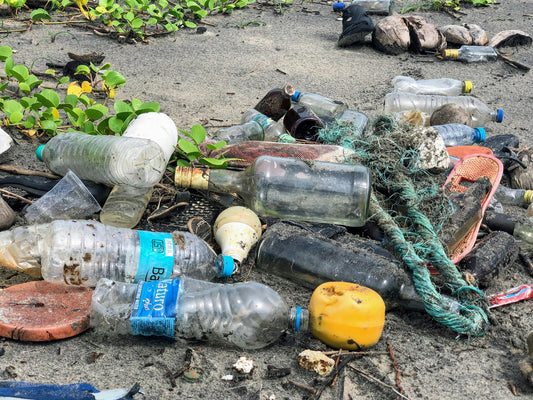Share
The World's Battle with Five Everyday Plastic Offenders:
A global gathering in Busan, South Korea unfolds this week with world leaders aiming to address pollution from the planet's most harmful substances. The negotiations focus on plastic products used in our daily lives. This article explores the top five plastic culprits that have an unmatched impact on different parts of the world.
Sachets not so Sweet in Indonesia:
Starting with plastic sachets originally popularised by Unilever in Asia, we find that Indonesia has paid a heavy price in environmental damage. The country has shifted from refillable systems to the use of 5.5 million sachets for detergent each day. Considering that the sachets are non-recyclable due to their multi-layered constitution, their increase has only added to the waste management crisis in the country.
Going Synthetic isn't Fashionable for Ghana and Kenya:
Next up is Ghana and Kenya, where secondhand clothes, often made from synthetic fibres like polyester, account for a major amount of landfill waste. As much as half of these garments are discarded due to damage. Finding their way into landfills, these clothes eventually disintegrate, polluting the soil and rivers.
Caribbean's Battle with Drink Bottles:
Looking at the Caribbean, the article identifies plastic drink bottles as one of the top litter items. With local consumption patterns and an influx of plastic from other locations contributing to this problem, companies like Coca Cola selling billions of plastic drink bottles annually have amplified the issue.
Tetra Pak Troubles Vietnam:
Vietnam faces the challenge of disposing of Tetra Pak packaging. Global recycling rates for these packages are only around 25%, largely due to the package's intricate mixture of paper, metal, and plastic.
Wipe Out by Wet Wipes in the UK:
Finally, in the UK, it's wet wipes that are the major plastic culprits. These personal hygiene essentials, made from synthetic fibres, often end up creating massive fatbergs when flushed down toilets. Each year, the UK disposes of 11 billion wet wipes, creating a considerable threat to the nation's sewer systems.
The global plastic treaty being discussed in Busan, therefore, holds immense potential in bringing harmonized rules and restrictions for tackling the plastic problem.
We hope you enjoyed this article. Please feel free to leave a comment below if you want to engage in the discussion.
If you want to read more like this, make sure to check out our Blog and follow us on Instagram. If you are interested in truly sustainable products, check out our Shop.
Check out the original source here.








